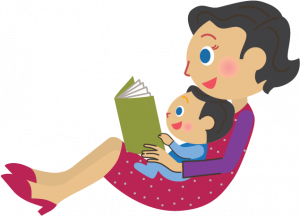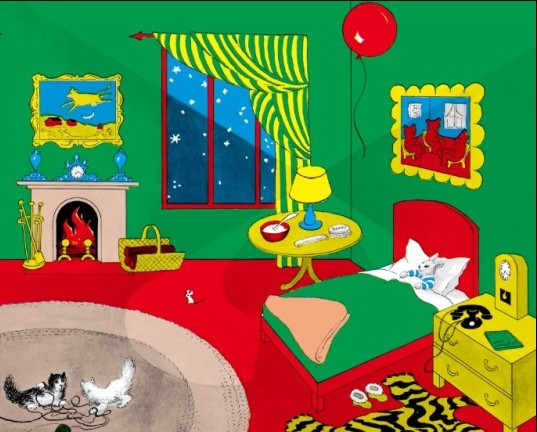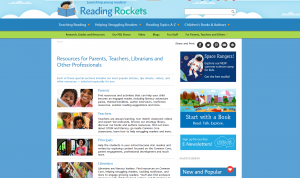Reading with your child is important for so many reasons.
It is one of the simplest, most loving things you can do together. This is true all the time, but even more so now when they don’t get the regular practice from being in school.

Don’t be worried about your own read-aloud skills. Teachers and librarians don’t have a magic secret talent for doing this. The thing that makes activities most interesting to children is the attentive interest of a loving adult. Nothing can replace this. Study after study shows that early reading with children helps them learn to speak, interact, bond with parents and read early themselves.
Reading with your child is an opportunity to talk about your own values and ideas, and to get to know your child better. Read-aloud sessions are not just for young children, either. Reading with kids who already know how to read helps them feel close to loving adults, to gain understanding of the world around them by talking about the ideas they’re reading, and to be empathetic citizens of the world.
How to Read With Your Child
Here is a short animated video offering 5 simple tips for reading together. Notice that the conversation you have with your child as you read is more important than the words on the page. These conversations are probably the most fun and the best thing you can do. Robust literacy development requires that children build a feed-back loop of connections and associations between the ‘real’ world and things they’ve learned from books. Talking is the thing that helps the most.
Reading Rockets
For more information, strategies and activities you can do with your child, go to this excellent, thorough site.
Reading Rockets is
a national public media literacy initiative offering information and resources on how young kids learn to read, why so many struggle, and how caring adults can help.
Their website contains a wealth of information for parents, teachers and anyone interested in fostering children’s literacy. Hover your mouse over the image above to go to the Reading Rockets site (the link will open in a new tab).
Thank you to Sheila Patel for these links.


